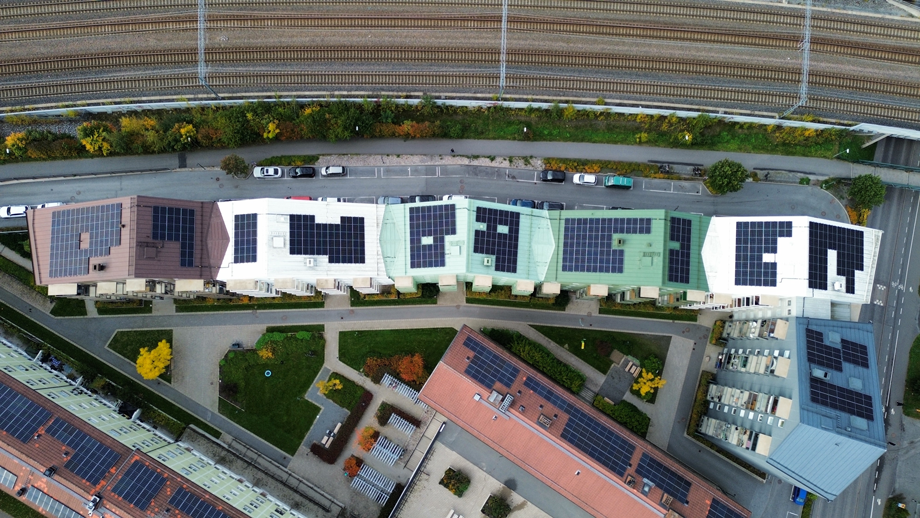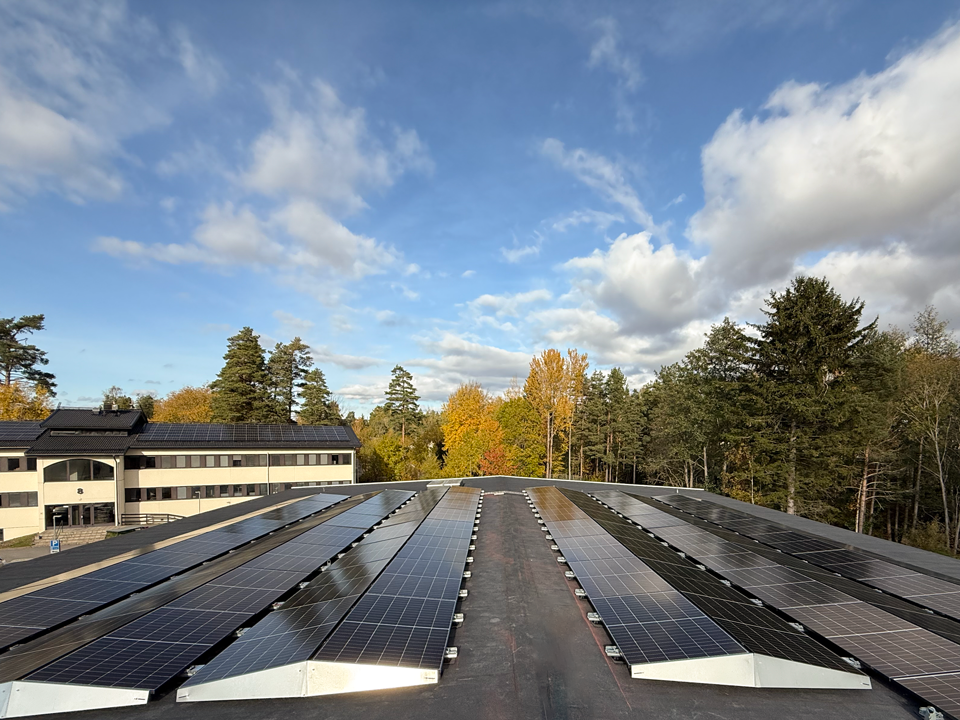Energy prices have skyrocketed during the year. For Sweden, this has been a consequence of a warm summer, higher prices for fossil fuels and lower water reservoirs. For the entire EU, the problem points to rising demand and prices for natural gas. Therefore, energy will be the biggest issue during this week's EU summit in Brussels, which concludes on Friday.
The EU Commission already commented on the energy situation and solutions at the national level last week.
– In the short term, the member states are best placed and equipped to act, says Energy Commissioner Kadri Simson at a press conference in Brussels according to an article in Aftonbladet and continues:
– It may seem difficult for member states that are recovering from the pandemic, but revenues from the ETS (Emissions Trading System, the trading of emission rights) have increased steadily and we urge countries to use those revenues, says Simson.
Advice: provide state support to companies
Furthermore, the newspaper writes that the advice from the EU Commission is, among other things, to introduce temporary and targeted tax breaks for vulnerable households, and that companies and industries should be able to receive state support.
Energy Minister Anders Ygeman (S) commented to TT in connection with the press conference on what the short-term situation looks like in Sweden.
– It is clear that I welcome the Commission's initiative, but the impact in Sweden is significantly less than it is on the European continent, and that is because half of Europe's households are heated by fossil gas and very few here in Sweden.
Reports have shown that energy prices may rise even during the winter, which Ygeman views cautiously.
– I would say that it is unlikely that we will have such an impact as on the European continent now. Should that happen, we will of course have to consider what measures we should take. You have to remember that it is no less than a week since we had negative electricity prices and Swedish consumers were paid to receive electricity.





